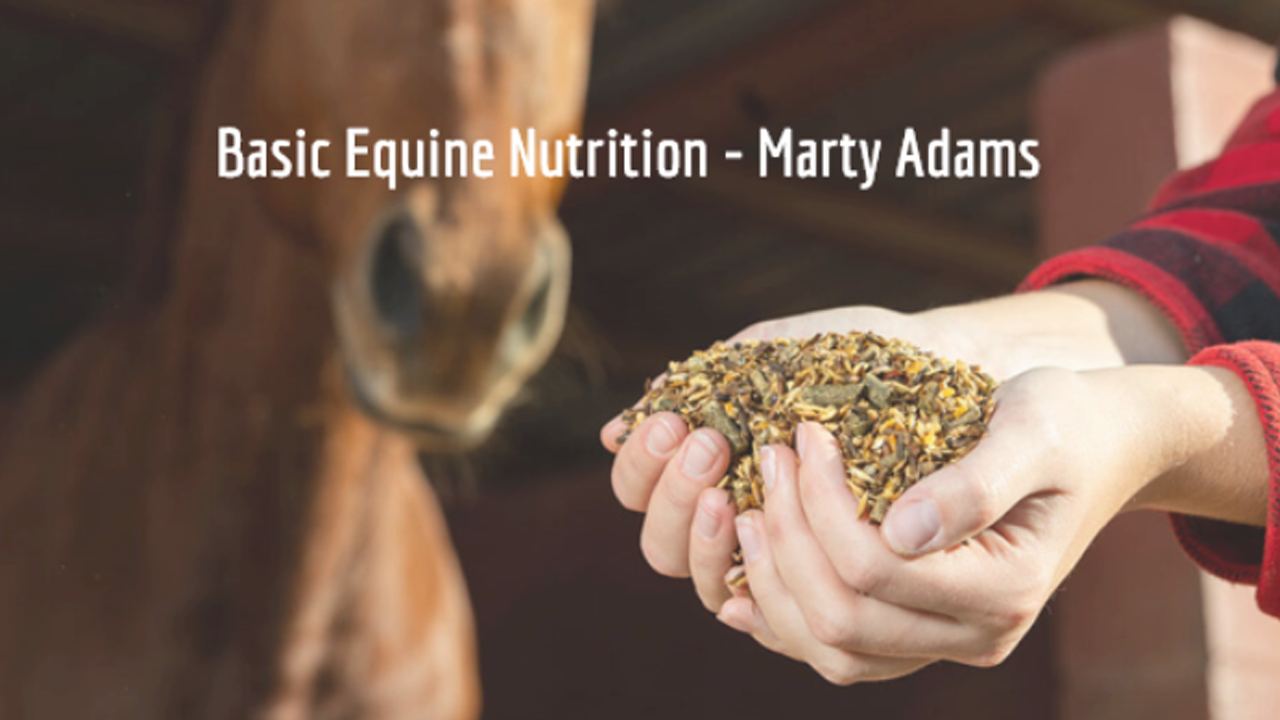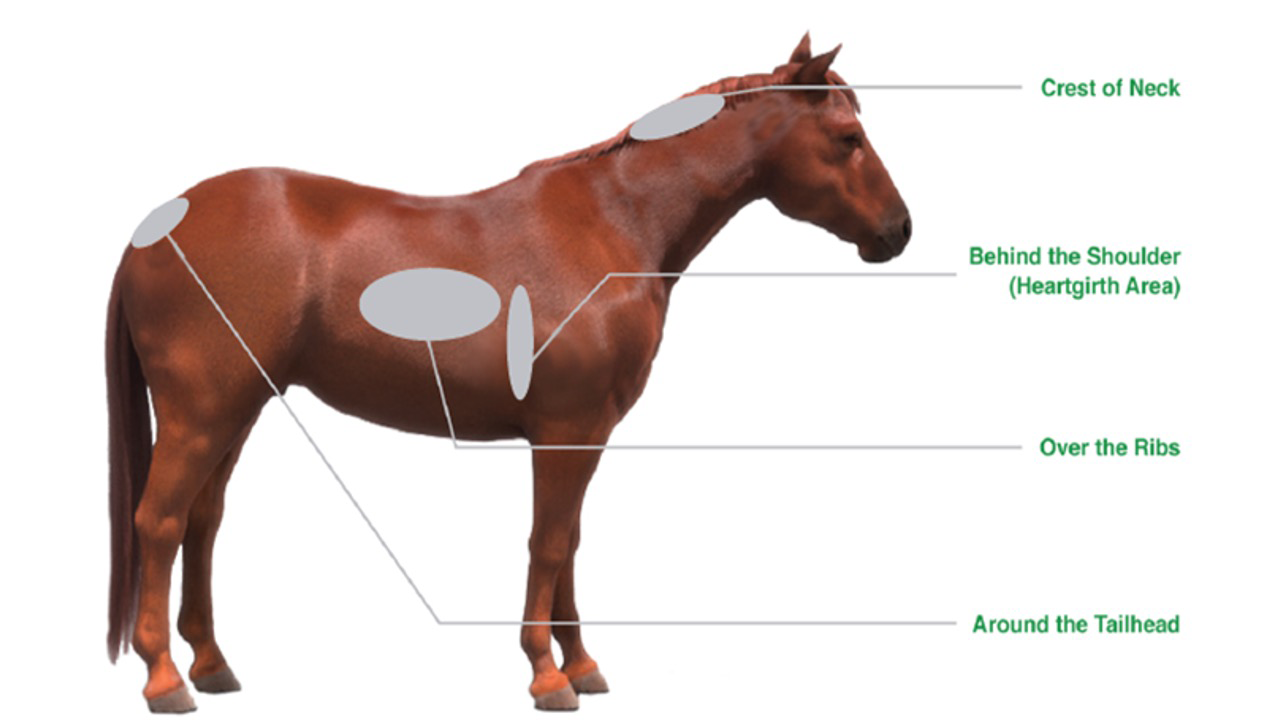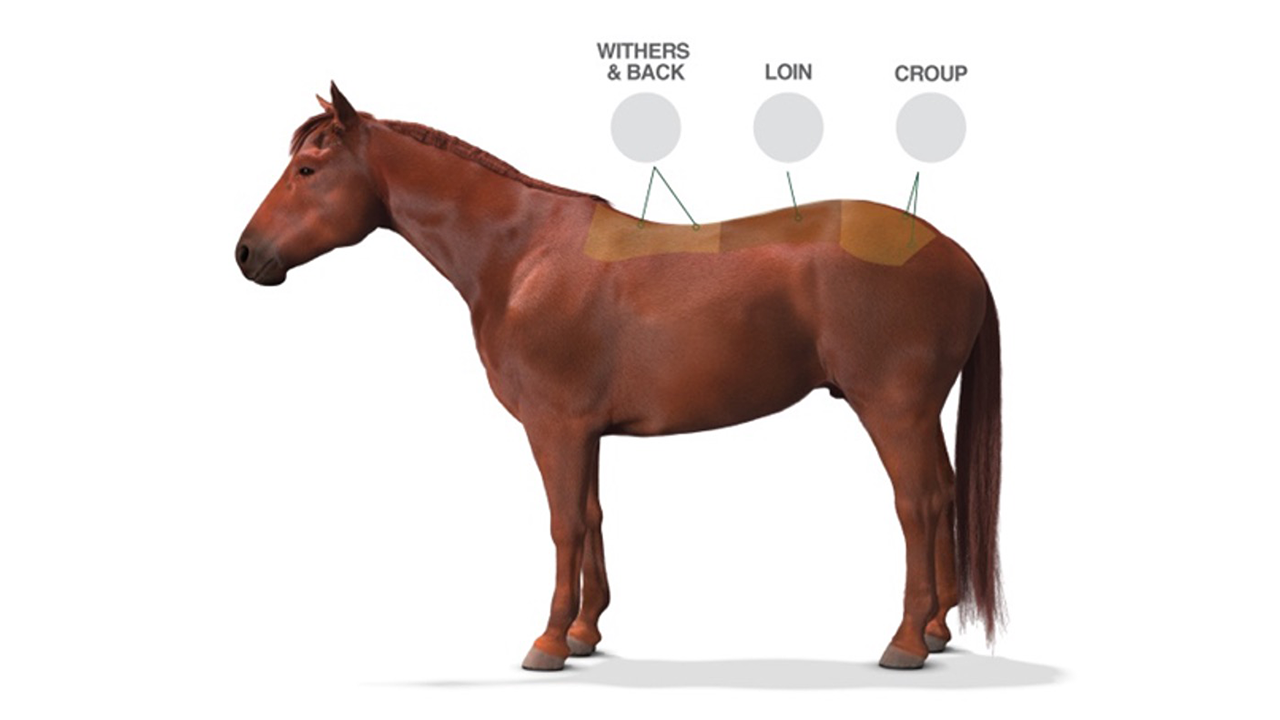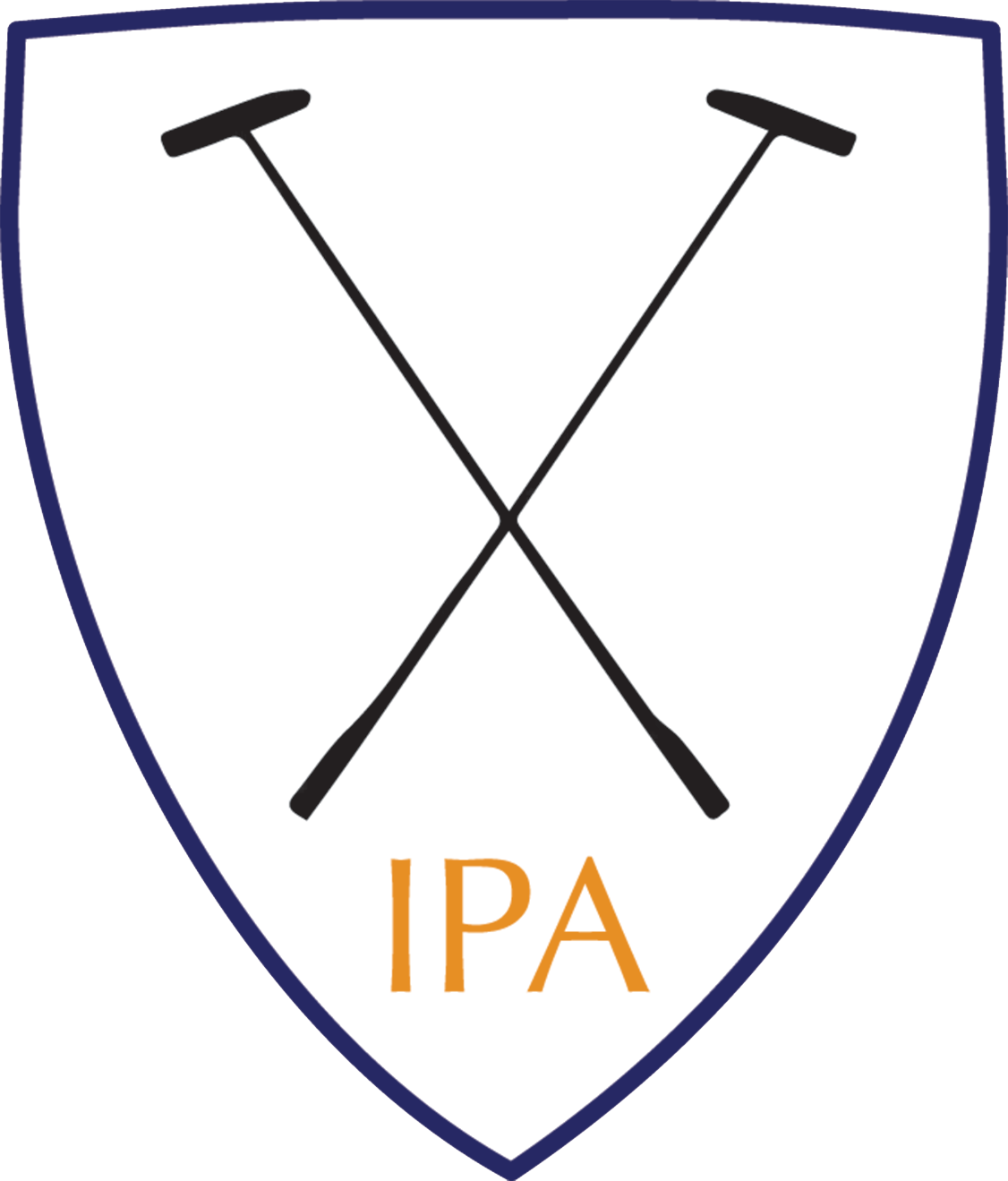
The "Basic Equine Nutrition by Marty Adams" event took place on Wednesday, Sepember 11th, 2024 hosted by Marty Adams. If you missed this event and would llike to check it out the recording is available under Past Events or Click here to view. Below we have highlighted the key learning outcomes from the session:
Key Coaching Insights:
1. Basic Needs of Horses:
Water: Most important nutrient; a 1000 lb horse requires 6–8 gallons/day.
Forage: Should constitute at least 1.5% of the horse's body weight, typically around 15 lbs/day for a 1000 lb horse.
Concentrate Feed: Used to meet the specific nutrient needs beyond forage. The amount depends on the horse’s activity level.
2. Forms of Feed:
Pelleted: Processed at 160°F, with a 3–4 month shelf life.
Textured/Sweet Feed: Contains whole grains and molasses, has a shorter shelf life.
Extruded Feed: Processed at higher temperatures (250°F), with improved digestibility and a longer shelf life, though more costly.
Multi-form Feed: Combines pellets and extruded forms, balancing cost and digestibility.
3. Key Nutrient Groups:
Protein: Building blocks of body tissue, muscle, hair, hooves, etc
Fat: Used to provide energy or calories for muscular activity. Sources include soybean oil, rice bran, corn oil, flaxseed
Carbohydrate: largest source of calories in the horse’s diet. Feed no more than 0.5% body weight per meal (max. of 5 pounds per 1,000-pound BW).
Vitamins: Organic compounds required in small amounts to sustain life.
Minerals: Inorganic compounds that are required to build bones, make hormones and regulate body functions. Seven major minerals required for the horse.
4. Body Weight Evaluation:
Accurate body weight assessment is critical for feeding and other aspects of horse care.
How to assess weight and muscle development:


